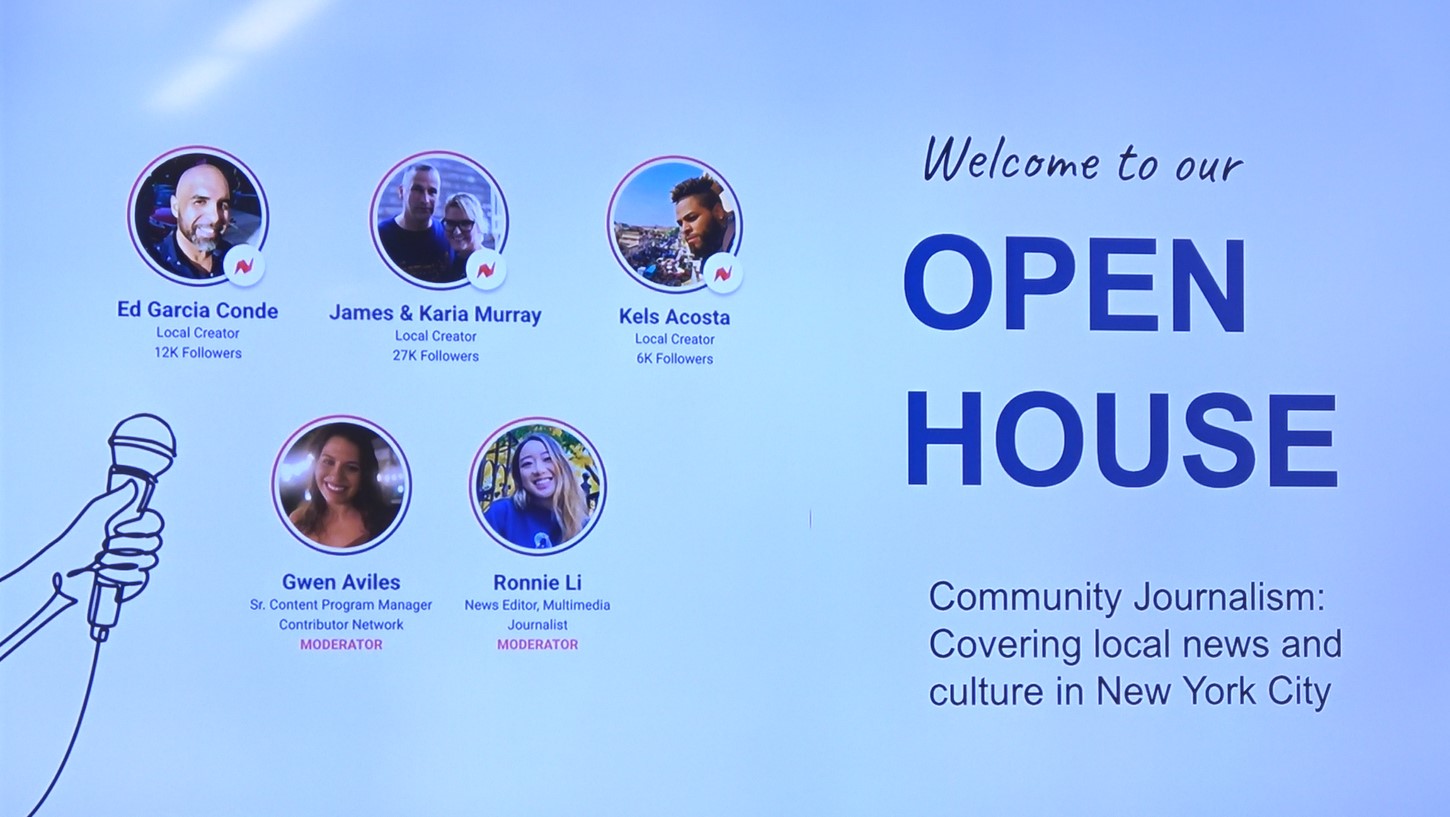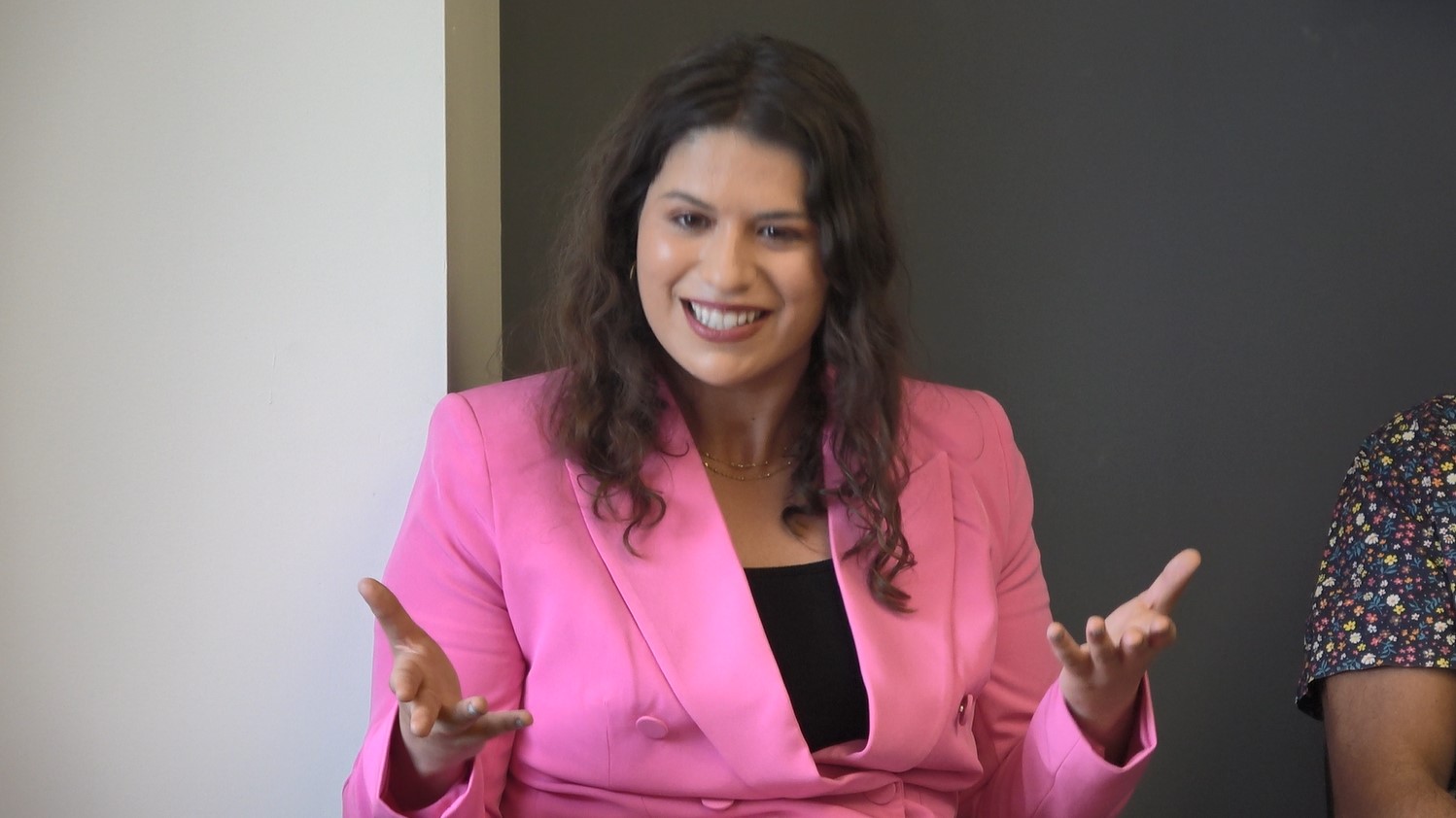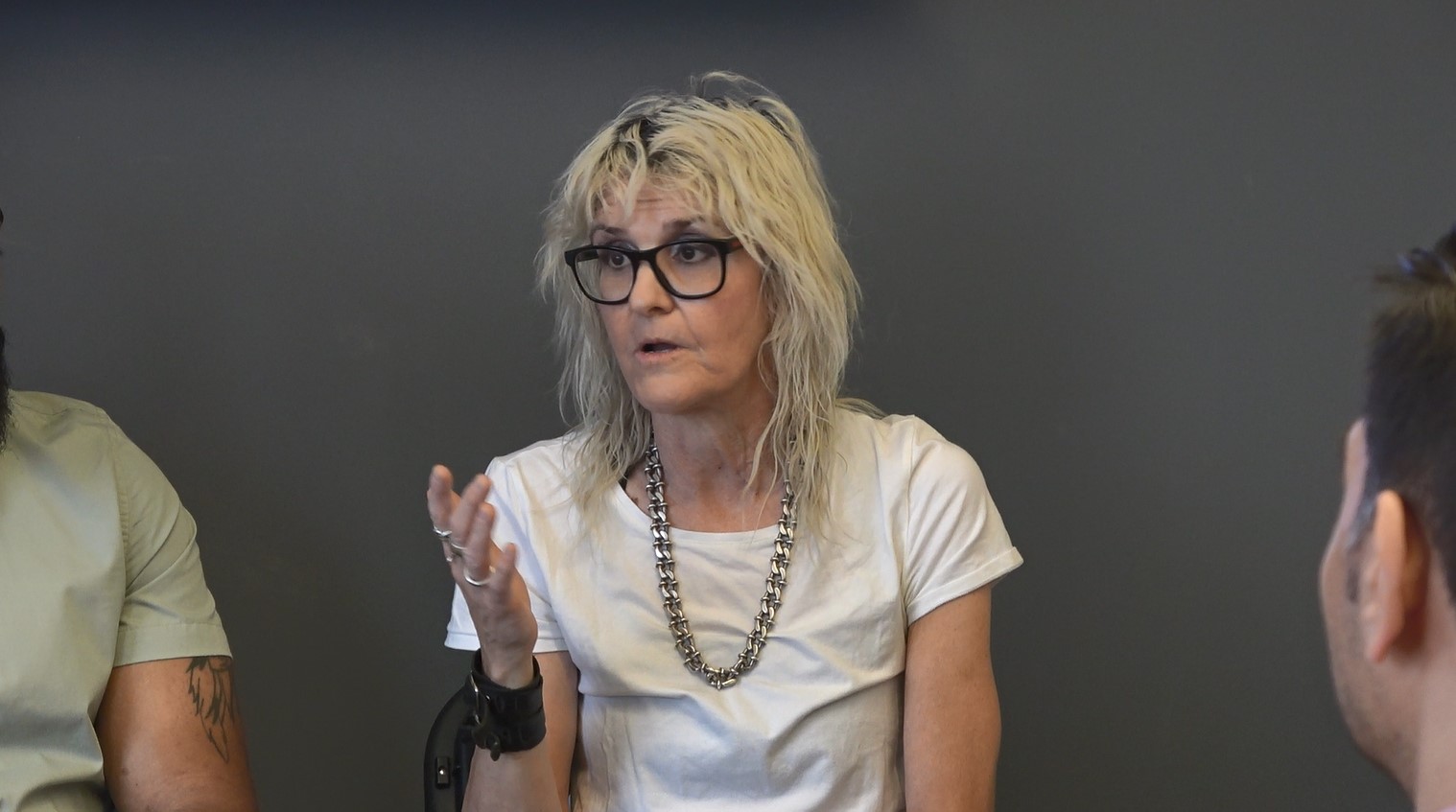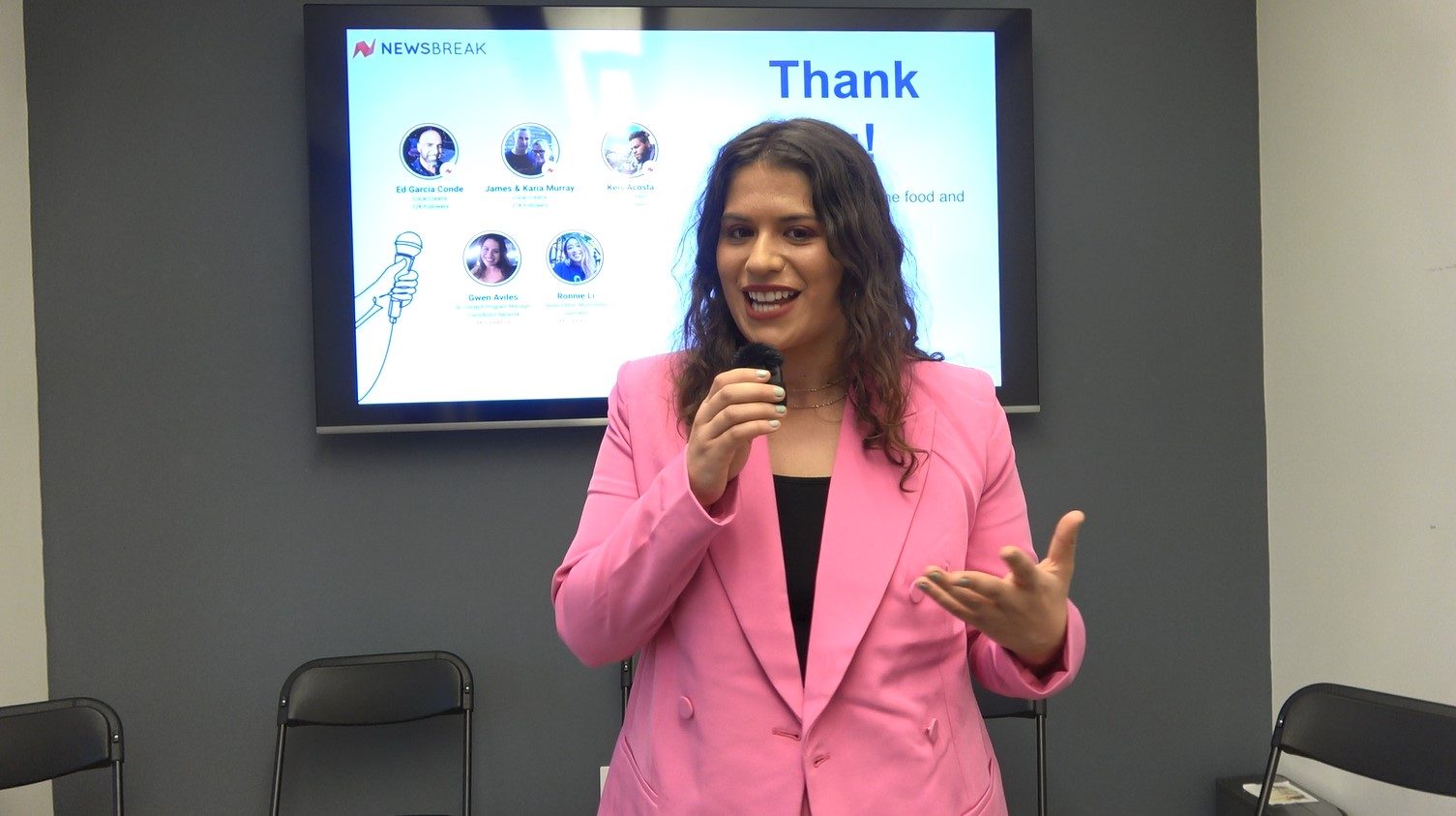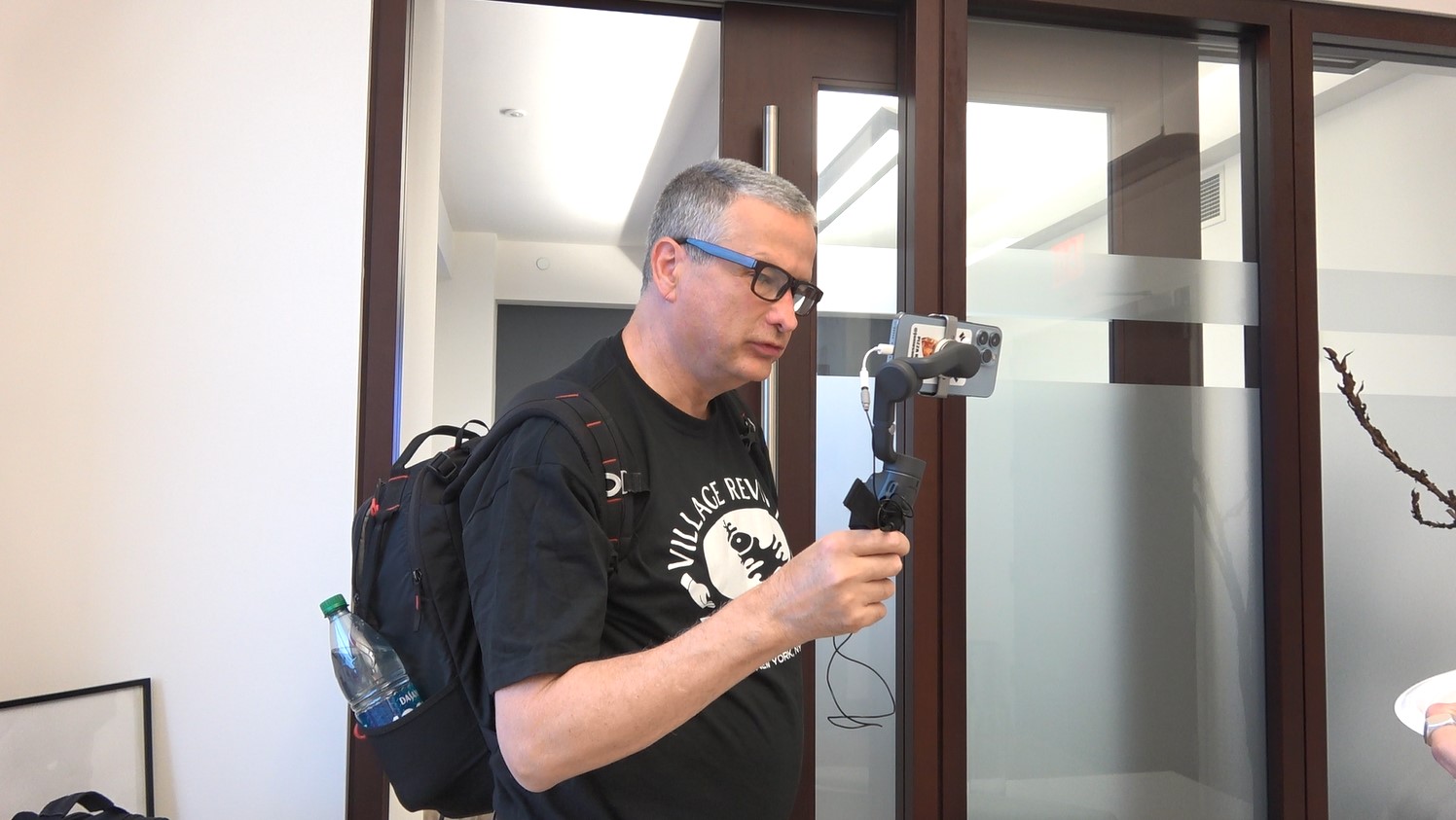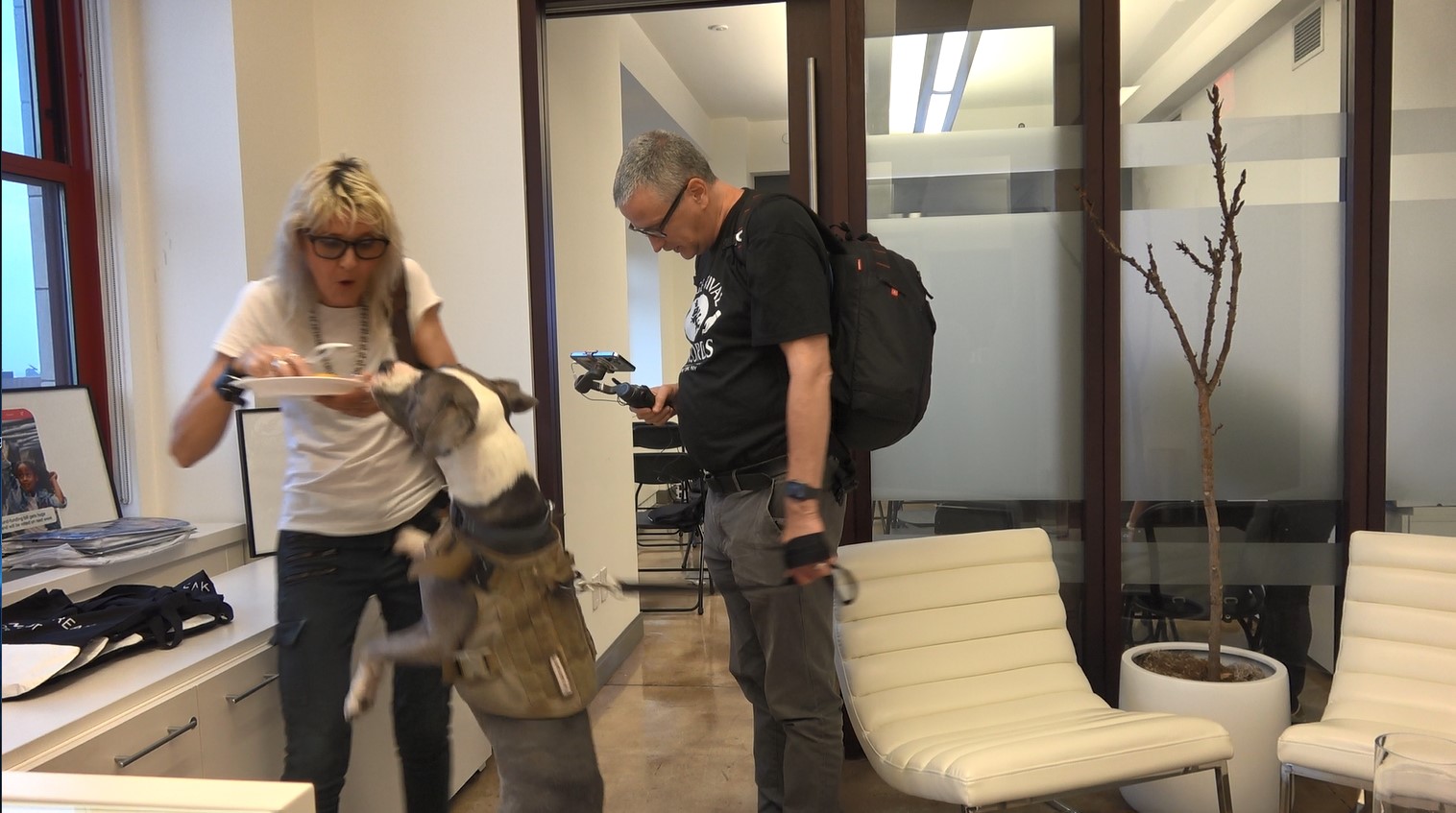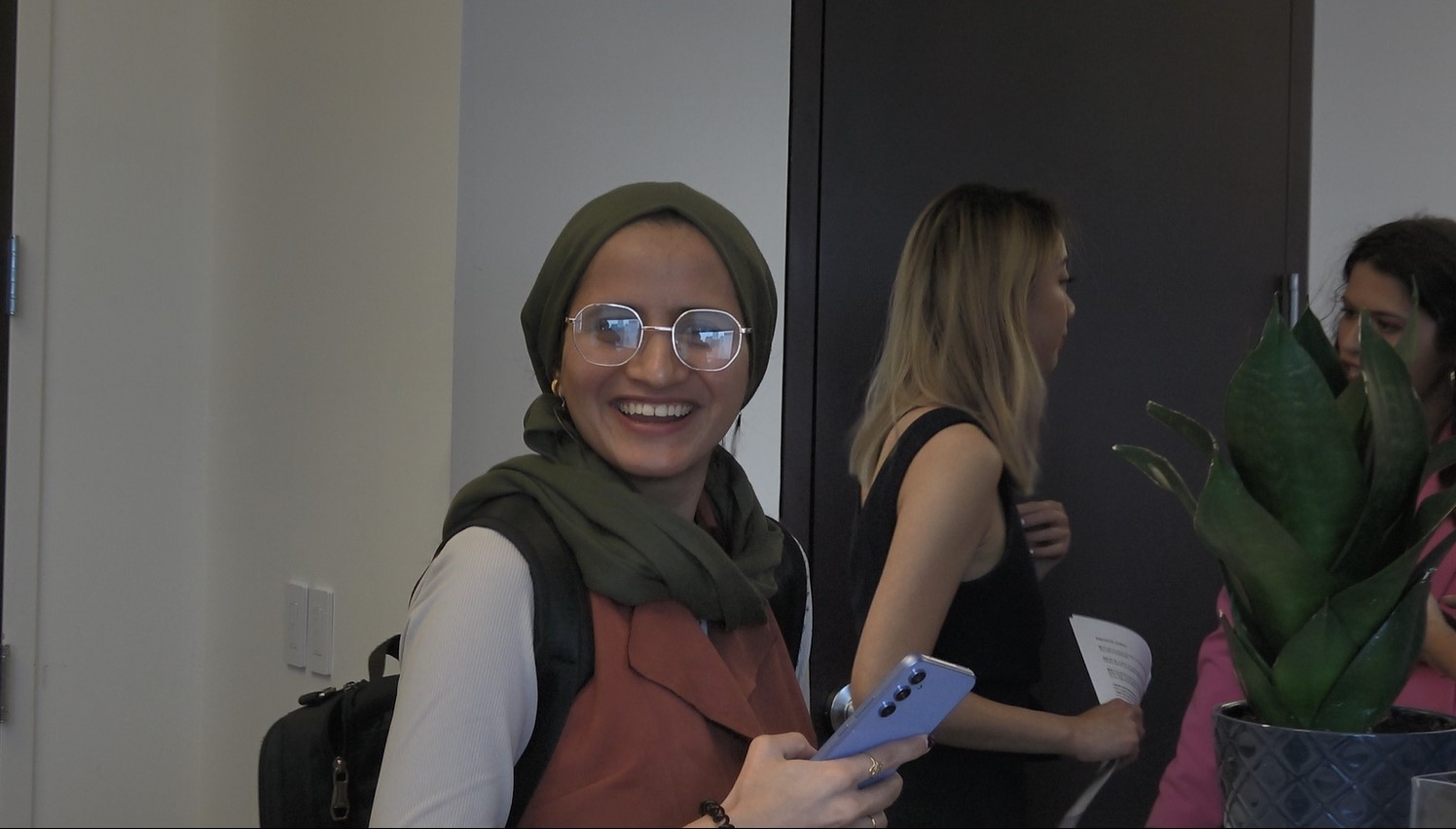G7 nations, ‘central to climate action’ says Guterres, calling for global reset
- Details
- Category: World Hot News
- Published: Sunday, 21 May 2023 11:03
- Written by Gentry
 UN Photo/Ichiro Mae Secretary-General António Guterres speaks to the press, wrapping up his trip to Japan for the G7 Hiroshima Summit 2023.
UN Photo/Ichiro Mae Secretary-General António Guterres speaks to the press, wrapping up his trip to Japan for the G7 Hiroshima Summit 2023.
The world is counting on the G7 bloc of industrialized democracies to demonstrate global leadership and solidarity, said the UN chief on Sunday, speaking to journalists in Hiroshima, Japan, which he described as a “global symbol of the tragic consequences when nations fail to work together”, and abandon multilateralism.
The G7, which consists of Canada, France, Germany, Italy, Japan, the United Kingdom and the United States, together with the European Union, is meeting in the city where the first atomic bomb was dropped in 1945, a place which Secretary-General António Guterres described, as a “testament to the human spirit”.
“Whenever I visit, I am inspired by the courage and resilience of the Hibakusha”, he said, referring to the survivors of that dreadful act of war. “The United Nations stands with them. We will never stop pushing for a world free of nuclear weapons.”
Haves and have-nots
Mr. Guterres said his message to the G7 leaders was clear and simple: “while the economic picture is uncertain everywhere, rich countries cannot ignore the fact that more than half the world – the vast majority of countries – are suffering through a deep financial crisis.”
He reiterated his view first expressed in an official visit to Jamaica last week, that the problems facing developing countries had three dimensions; moral, power-related, and practical.
Elaborating on the “systemic and unjust bias” in the global economic and financial system; the outdatedness of the global financial architecture; and the fact that even within the current rules, developing economies had been let down and sold short; the UN chief said the G7 had a duty now to act.
Redistribution of power
He said the financial system created by the Breton Woods realignment post World War Two, had simply “failed to fulfil its core function as a global safety net”, in the face of the economic shocks from COVID, and the Russian invasion of Ukraine.
He said the time had come to fix the Breton Woods system, and reform the UN Security Council.
“This is essentially a question of redistributing power in line with the realities of today’s world.”
He said the G7 can no longer be a bystander: “In our multipolar world, as geopolitical divisions grow, no country or group of countries, can stand by as billions of people struggle with the basics of food, water, education, healthcare and jobs.”

'Clearly off track’
Highlighting the perils of overlooking the pace of climate change, he outlined the specific areas where the world’s richest were central to the success of climate action.
The current projections show humankind heading for a temperature rise of 2.8°C by the end of this century, he told journalists, and the next five years are likely to be the hottest ever, according to latest figures from the UN weather agency, WMO.
He said the G7, with it’s huge economic and financial clout, was “central to climate action”, which is working, “but not enough and we are clearly off track".
“Our Acceleration Agenda aims to make up for lost time. It calls for all G7 countries to reach net zero as close as possible to 2040, and for emerging economies to do so as close as possible to 2050.”
A Climate Solidarity Pact calls for the G7 to mobilize resources to support less well-off economies in accelerating decarbonization, to stay within the 1.5° limit on heating, compared with pre-industrial levels.

Phase out coal
“This requires faster timelines to phase out fossil fuels and ramp up renewables. It means putting a price on carbon and ending fossil fuel subsidies. I call on the G7 to phase out coal completely by 2030”, the UN chief said.
But he also made a call for climate justice, on behalf of the countries who have done the least to cause the crisis, but are suffering the most.
“We must ramp up adaptation and early warning systems to help communities on the front lines…It’s high time for developed countries to provide the promised $100 billion per year”, he added.
And he also reiterated that the Loss and Damage Fund agreed in Sharm el-Sheikh, during COP27 last year, “must be operationalized.”



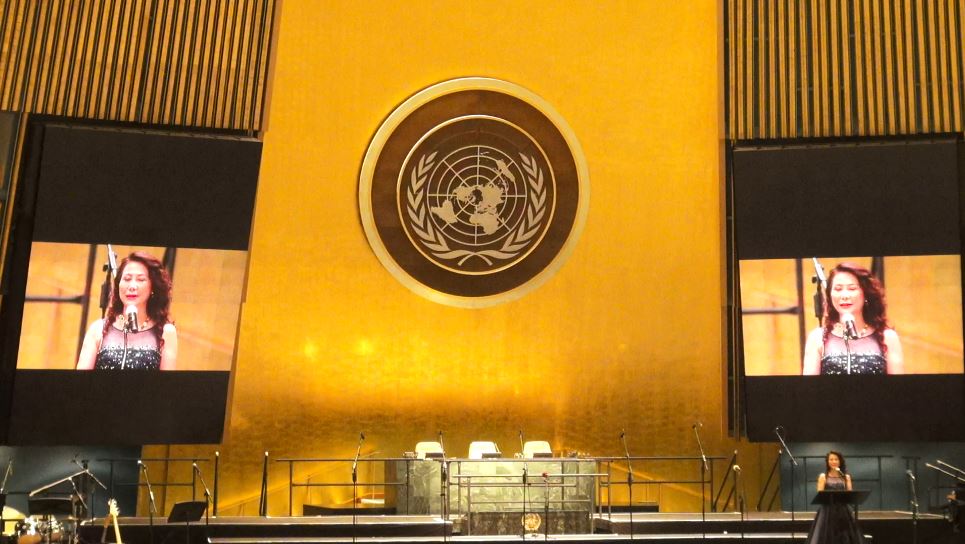
 UN Women/Rosendo Quintos Oralia Ruano Lima was among the first women in her indigenous community to join an all-female entrepreneurship project as a beekeeper.
UN Women/Rosendo Quintos Oralia Ruano Lima was among the first women in her indigenous community to join an all-female entrepreneurship project as a beekeeper.





 © ILO/Ahmad Al-Basha/Gabreez A woman mends a laptop at her phone and computer maintenance shop in Taiz, Yemen.
© ILO/Ahmad Al-Basha/Gabreez A woman mends a laptop at her phone and computer maintenance shop in Taiz, Yemen.

